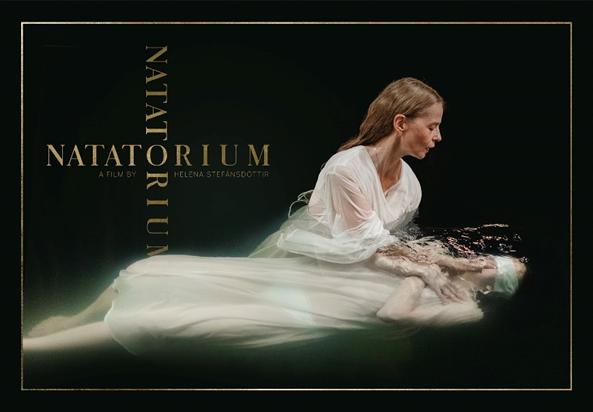Two of my first SXSW24 screenings were of small, fiercely independent dramas that feature strong female leads.

Backspot is one of the first features from Elliot Page’s new production company, Pageboy. It tells the story of Riley (Devery Jacobs), an ambitious cheerleader, who longs to join a more elite team, coached in part by the demanding perfectionist Eileen (Evan Rachel Wood). When she and her girlfriend Amanda (Kudakwashe Rutendo) are selected for an all-star squad, Riley’s anxiety ramps up and the pressure of preparing for an upcoming competition threatens to tear them apart.
Backspot’s strength is its two leads Jacobs and Rutendo, whose taken-for-granted queerness layers the narrative. Amanda comes from, by all accounts, a loving, peaceful, and accepting home. Riley’s home is anything but. She has an anxiety-riddled mother, Tracy (Shannyn Sossamon), who walks around their house on egg-shells, wary of (it is implied) an abusive and frequently absent husband. Riley finds a fairy godfather in Devon (Thomas Antony Olajide), who is absolutely charming and adds some comedic relief, but is ultimately underutilized. And this is perhaps the main critique of Backspot, the character development overall feels a bit uneven. Nevertheless, Jacob’s portrayal of fierce determination and strength in the face of adversity, all while battling crippling anxiety, makes her someone to watch.

Even though the accusation of limited character development could also be leveled against Natatorium, you won’t find a more beautiful setting or a more beautiful cast than those featured in this Icelandic thriller from writer/director Helena Stefánsdóttir.
Natatorium follows eighteen-year-old Lilja (Ilmur María Arnardóttir) who visits Áróra (Elin Petersdottir) and Grímur (Valur Freyr Einarsson), her estranged grandparents, as she partakes in auditions for an international art performance group. When her father, Magnús (Arnar Dan Kristjánsson) and his younger sister Vala (Stefania Berndsen), two of Áróra’s and Grimur’s four children, find out about Lilja’s stay in the family house, a sense of panic arises. When the family gathers in the home to celebrate Lilja’s acceptance into the art group, a dark secret emerges, and soon a seemingly normal family celebration turns into a horrifying tragedy that nobody could have foreseen…except for the entire audience.
There is much to commend here, just not the plot. The whole film feels as if it tips its hand too early, robbing us of the shock value that better films of the genre often provide. On the other hand, the film benefits from solid performances and features rich religious imagery that plays off Christian/pagan tensions. The theme of collective family trauma is also at work here. Had all of these been woven together with an eye to sustaining a sense of mystery until the final act instead of ultimately telling us where we were going all along, the viewing experience could have been more shockingly rewarding.
